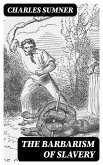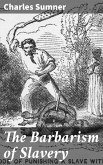In "Bygone Punishments," William Andrews intricately explores the historical evolution of punitive measures from ancient times to the early modern period. The book is marked by Andrews' meticulous research and vivid prose, employing an engaging narrative style that balances scholarly rigor with accessible storytelling. Through a rich tapestry of anecdotes, illustrations, and legal documents, he examines the societal attitudes toward punishment, providing insight into the moral and ethical implications of retributive justice throughout various cultures and epochs. William Andrews, a renowned historian and author with a keen focus on social history, draws from a wealth of academic and personal experiences to craft this compelling examination. His deep-rooted curiosity about the human condition and societal norms has propelled him towards understanding how punishments reflect broader cultural values. With a background in history and anthropology, Andrews articulates this complex subject matter with authority, enriching the reader's comprehension of the disciplinary mechanisms through time. This book is highly recommended for scholars, students, and general readers interested in history, sociology, and legal studies. "Bygone Punishments" not only immerses readers in the grim realities of historical practices but also encourages critical discussions on contemporary justice, making it an essential addition to any thoughtful library.
Dieser Download kann aus rechtlichen Gründen nur mit Rechnungsadresse in A, B, BG, CY, CZ, D, DK, EW, E, FIN, F, GR, H, IRL, I, LT, L, LR, M, NL, PL, P, R, S, SLO, SK ausgeliefert werden.









